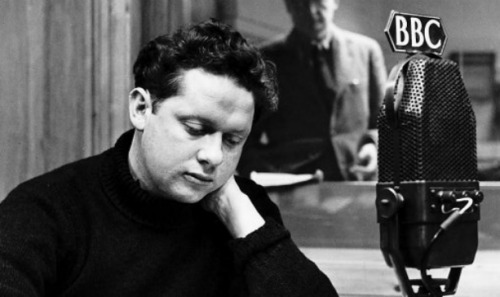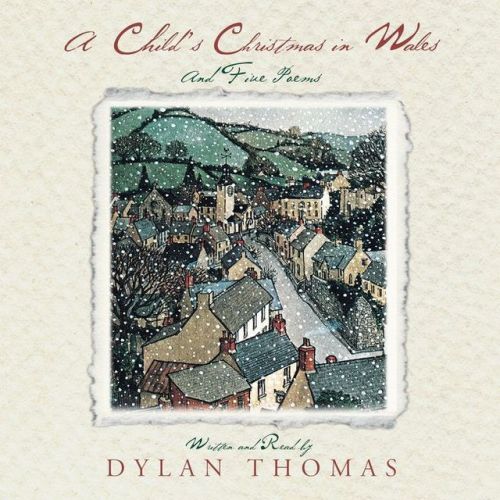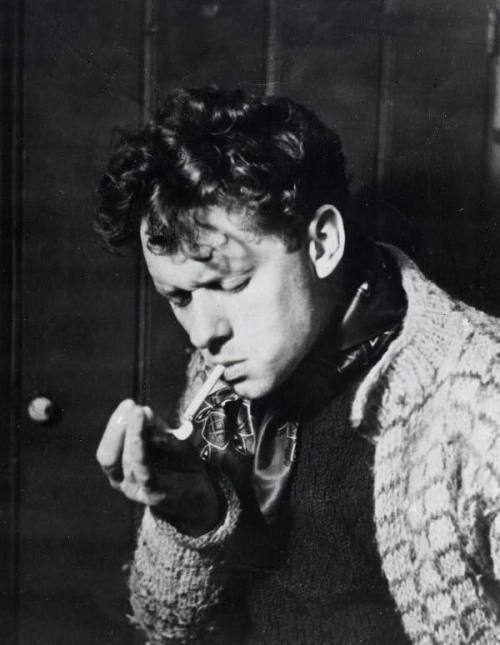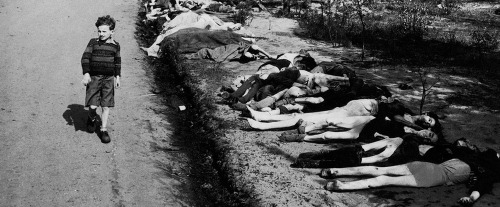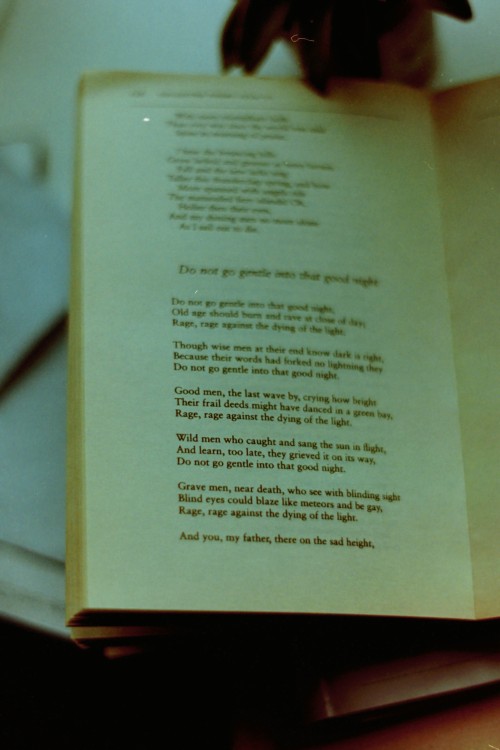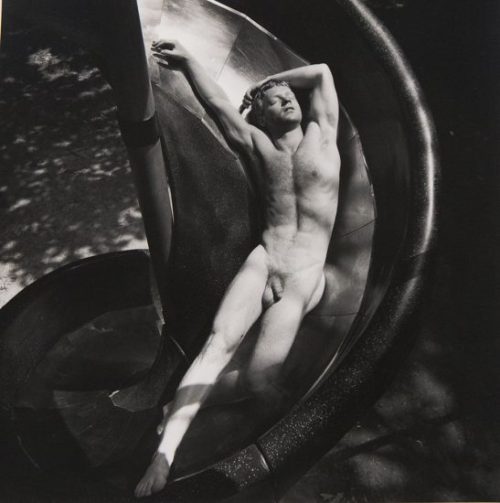#dylan thomas
sorry for all the depressing stuff lately, I’m just trying to deal with things
Irene - “Annabel Lee” by Edgar Allan Poe
I was a child and she was a child,
In this kingdom by the sea,
But we loved with a love that was more than love—
I and my Annabel Lee
Seulgi - “Tonight I Can Write the Saddest Lines” by Pablo Neruda
Tonight I can write the saddest lines.
I loved her, and sometimes she loved me too.
Through nights like this one I held her in my arms
I kissed her again and again under the endless sky.
Wendy - “Eurydice” by H.D.
so for your arrogance
I am broken at last,
I who had lived unconscious,
who was almost forgot
Joy - “Do Not Go Gentle into That Good Night” by Dylan Thomas
And you, my father, there on the sad height,
Curse, bless, me now with your fierce tears, I pray.
Do not go gentle into that good night.
Rage, rage against the dying of the light.
Yeri - “Pretty” by Stevie Smith
Cry pretty, pretty, pretty and you’ll be able
Very soon not even to cry pretty
And so be delivered entirely from humanity
This is prettiest of all, it is very pretty.
really wish my brain would actually let me be happy for once
ERSTE STIMME
Mary Ann Seefahrer träumt
MARY ANN SEEFAHRER
vom Garten Eden.
ERSTE STIMME
Sie geht in Arbeitskittel und Holzschuhen
MARY ANN SEEFAHRER
fort von der kühlen, gescheuerten Steinfließenküche mit den Sonntagsschulbildern an der weißgetünchten Wand und dem Bauernkalender über der Ruhebank und den Speckseiten an den Räucherhaken, und geht die muschelumrandeten Wege jenes wunderbar angelegten Küchengartens herunter, schlüpft unter den Zigeunerwäscheklammern durch und verfängt sich mit der Schürze in den Johannisbeerbüschen; vorbei an den Bohnenspalieren, am Zwiebelbeet und an den Tomaten, die an der Mauer reifen, zu dem alten Mann hin, der im Obstgarten das Harmonium spielt, und setzt sich neben ihn ins Gras und entschotet die grünen Erbsen, die durch den Schoß ihres Rockes wachsen, der den Tau streift.
Dylan Thomas, Unter dem Milchwald
I see you boys of summer in your ruin.
Man in his maggot’s barren.
And boys are full and foreign in the pouch.
I am the man your father was.
We are the sons of flint and pitch.
O see the poles are kissing as they cross.
–Dylan Thomas
The Day Dylan Thomas’s Poetic Brilliance Triumphed Over His Sad Alcohol Dependency
He couldn’t even pour a glass of water. Then, he began to read his poetry…
Post link
“I think, that if I touched the earth,
It would crumble;
It is so sad and beautiful,
So tremulously like a dream.”
Post link
First recorded in February of 1952, Dylan Thomas’s A Child’s Christmas in Wales recalls all of the sights, smells, and sounds of a long-ago Christmas. Listen to the Caedmon recording of Thomas reading.
Post link
Do not go gentle into that good night,
Old age should burn and rave at close of day;
Rage, rage against the dying of the light.
Though wise men at their end know dark is right,
Because their words had forked no lightning they
Do not go gentle into that good night.
Good men, the last wave by, crying how bright
Their frail deeds might have danced in a green bay,
Rage, rage against the dying of the light.
Wild men who caught and sang the sun in flight,
And learn, too late, they grieved it on its way,
Do not go gentle into that good night.
Grave men, near death, who see with blinding sight
Blind eyes could blaze like meteors and be gay,
Rage, rage against the dying of the light.
And you, my father, there on that sad height,
Curse, bless, me now with your fierce tears, I pray.
Do not go gentle into that good night.
Rage, rage against the dying of the light.
-Dylan Thomas
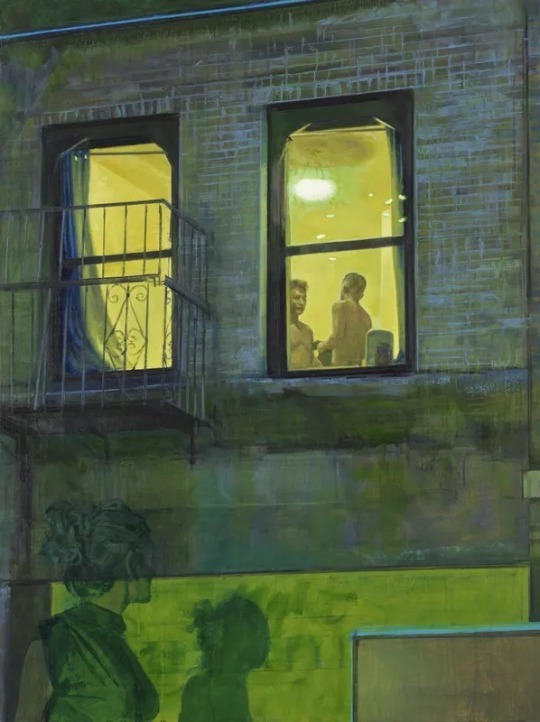

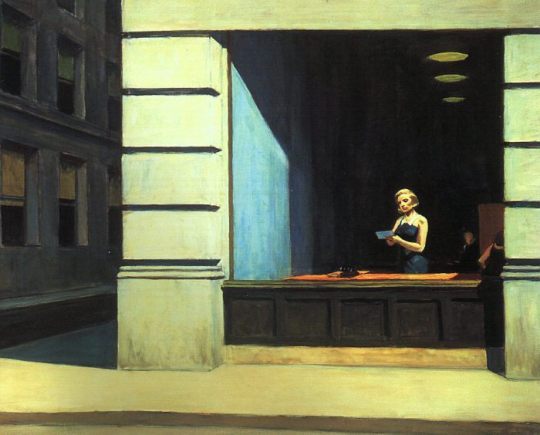
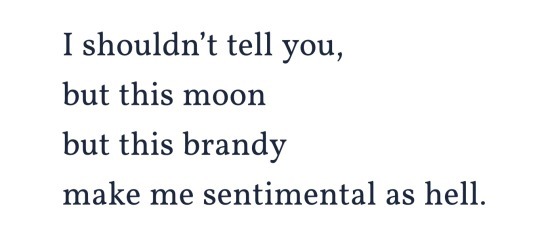
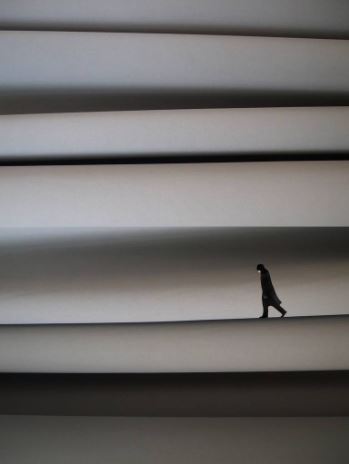

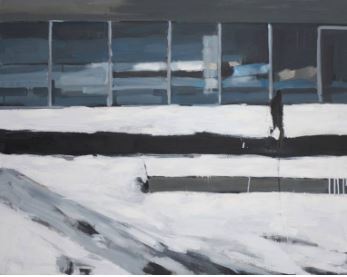

i’m just a sad woman walking sad streets
laura karetzky night hawks (2022) \ sylvia plath collected poems: “event”(via@derangedrhythms) \ edward hopper new york office (1962) \ carlos drummond de andrade centres of cataclysm: celebrating fifty years of modern poetry in translation: “seven-sided poem” (tr. richard zenith) \ ivana vostrakova loneliness \ dylan thomas the collected poems of dylan thomas: the new centenary edition: “no man believes” \ michalina garus from the window \ nikki giovanni the collected poetry, 1968-1998
by Dylan Thomas
Never until the mankind making
Bird beast and flower
Fathering and all humbling darkness
Tells with silence the last light breaking
And the still hour
Is come of the sea tumbling in harness
And I must enter again the round
Zion of the water bead
And the synagogue of the ear of corn
Shall I let pray the shadow of a sound
Or sow my salt seed
In the least valley of sackcloth to mourn
The majesty and burning of the child’s death.
I shall not murder
The mankind of her going with a grave truth
Nor blaspheme down the stations of the breath
With any further
Elegy of innocence and youth.
Deep with the first dead lies London’s daughter,
Robed in the long friends,
The grains beyond age, the dark veins of her mother,
Secret by the unmourning water
Of the riding Thames.
After the first death, there is no other.
A Refusal to Mourn the Death, by Fire, of a Child in London - Dylan Thomas(1945)
* * * *
“Do not go gentle into that good night,
Old age should burn and rave at close of day;
Rage, rage against the dying of the light.
Though wise men at their end know dark is right,
Because their words had forked no lightning they
Do not go gentle into that good night.
Good men, the last wave by, crying how bright
Their frail deeds might have danced in a green bay,
Rage, rage against the dying of the light.
Wild men who caught and sang the sun in flight,
And learn, too late, they grieved it on its way,
Do not go gentle into that good night.
Grave men, near death, who see with blinding sight
Blind eyes could blaze like meteors and be gay,
Rage, rage against the dying of the light.
And you, my father, there on the sad height,
Curse, bless, me now with your fierce tears, I pray.
Do not go gentle into that good night.
Rage, rage against the dying of the light.”
~Dylan Thomas
Post link
‘Do not go gentle into that good night’, Dylan Thomas
(1951)
Dead man naked they shall be one
With the man in the wind and the west moon;
When their bones are picked clean and the clean bones gone,
They shall have stars at elbow and foot;
Though they go mad they shall be sane,
Though they sink through the sea they shall rise again;
Though lovers be lost love shall not;
And death shall have no dominion.
And death shall have no dominion.
Under the windings of the sea
They lying long shall not die windily;
Twisting on racks when sinews give way,
Strapped to a wheel, yet they shall not break;
Faith in their hands shall snap in two,
And the unicorn evils run them through;
Split all ends up they shan’t crack;
And death shall have no dominion.
And death shall have no dominion.
No more may gulls cry at their ears
Or waves break loud on the seashores;
Where blew a flower may a flower no more
Lift its head to the blows of the rain;
Though they be mad and dead as nails,
Heads of the characters hammer through daisies;
Break in the sun till the sun breaks down,
And death shall have no dominion.
- Dylan Thomas
• Photo taken at the Bergen-Belsen concentration camp in 1945 by British photojournalist George Rodger
Heartbreaking and gut wrenching…..
Post link

Dylan Thomas, The Collected Poems of Dylan Thomas: The New Centenary Edition; from ‘In Country Sleep’

Dylan Thomas, The Collected Poems of Dylan Thomas: The New Centenary Edition; from ‘Light breaks where no sun shines’
Kent on Slide by Arthur Tress, 1979.
Falling asleep: the concept is almost violent. A fall is an uncontrolled descent. Soldiers fall on the battlefield. It falls on the messenger to break bad news. Trauma makes us fall apart. To lose is to fall short. Adam and Eve fell from grace, fell into sin.
Scientists say falling in love is a chemical imbalance that causes us to lose perspective, like an hallucinatory drug.
Yet fall is also one of the most beautifully simple words in the English language. The vowel sound emerges like a musical note. It feels like it could last forever, peaceful and languid. Hemingway begins In Another Country using the word poetically: “In the fall the war was always there…” Those nine syllables are a dream written on paper.
Despite the connotations, sometimes falling, as when we give up, is an oddly comforting sensation. Fading, relinquishing responsibility: the prospect is hard to resist, like the summoning song of the Sirens. Alfred, Lord Tennyson, celebrates the decision of the mythical soldier to keep up the good fight, “to seek, to strive, to find and not to yield.” Siegfried Sassoon (a real soldier who captured a German trench on his own initiative during the First World War, scattering 60 of the enemy) welcomes the end, with relief instead of bitterness:
Falling asleep … the herons, and the hounds….
September in the darkness; and the world
I’ve known; all fading past me into peace.
Tress gives us an image of a young man falling into sleep–but he doesn’t plunge to his fate: he glides. Supported by the structure of the slide, he’s safe and comforted. Lit like an angel, he remains in a state of grace, falling into Eden instead of falling out of it.
Children sometimes fight against falling asleep, not trusting the adult assurance that gratification can be delayed until another day. Yet, as adults, we sometimes have to fight to fall asleep, as stress and worry keep us awake.
Sleep is a battle of letting go, of giving in to the fall, even though nightmares may be waiting for us on the other side. (Previously, Tress created a series of photographs depicting children’s most vivid dreams, some of which verged on horror.)
Is dying like going to sleep, letting go and retiring from the war?
Dylan Thomas told his father, “Don’t go gentle into that good night. Rage, rage against the dying of the light.”
I think I’d prefer to fall like Kent on the slide, naked, eyes closed, body open, welcoming the descent into unconsciousness.
Post link



